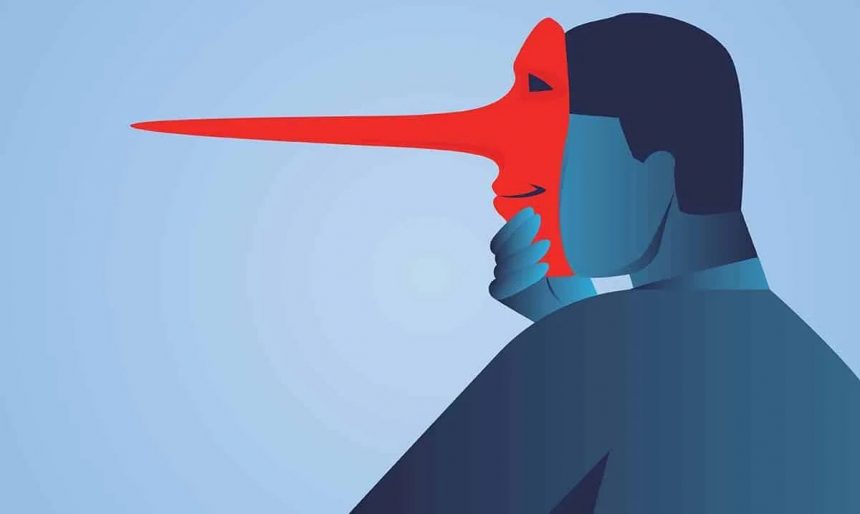Would you classify yourself as someone who readily trusts others? Or do you lean towards the belief that trust must be earned? Trust is a complex concept influenced by various factors. Some struggle to trust due to past betrayals, while others are untrustworthy themselves, projecting their behavior onto others. On the flip side, some have unwavering faith in people, perhaps too much. Regardless of where you fall on the trust spectrum, trust is crucial for human survival and healthy relationships. Fortunately, there are numerous red flags that can help you gauge whether someone is trustworthy or not. Here are 10 signs that someone may not be worthy of your trust:
1. Inconsistencies: A lack of consistency in words or actions can indicate an untrustworthy individual.
2. Lack of Accountability: People who avoid taking responsibility or constantly make excuses may not be trustworthy.
3. Breach of Confidentiality: Sharing sensitive information without consent can break trust and indicate future betrayals.
4. Excessive Gossiping: Those who spread rumors or share personal information excessively may not respect boundaries.
5. Manipulative Behavior: Manipulators exploit others for personal gain and may resort to lying and cheating.
6. Lack of Empathy: Individuals who lack empathy may struggle to establish trustworthy relationships.
7. History of Betrayal: Past betrayals can be a red flag for future untrustworthiness.
8. Unreliable with Commitments: Constantly breaking commitments erodes trust over time.
9. Excessive Secrecy: While privacy is important, excessive secrecy can raise suspicions about someone’s trustworthiness.
10. Lack of Integrity: Individuals who lie, cheat, or engage in unethical behavior may struggle to earn trust.
Additionally, there are four specific behavioral cues to watch for that can indicate someone is being untrustworthy:
1. Leaning away during a conversation.
2. Crossing arms.
3. Frequently touching their face.
4. Excessive hand movements or fidgeting.
While these cues are not definitive proof of someone’s trustworthiness, they can prompt further exploration and communication to better understand their character. Ultimately, trust is built on shared values, consistent actions, and open communication, forming the foundation for healthy relationships. Trust is a valuable asset that should be handled with care.






